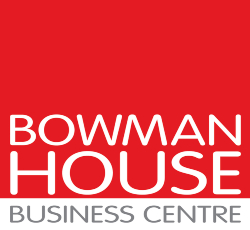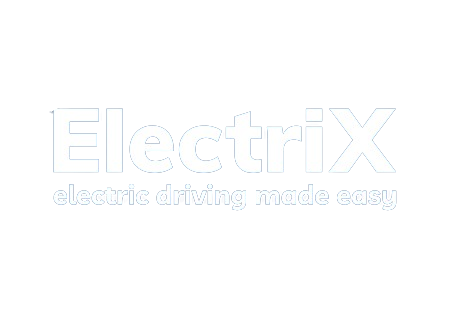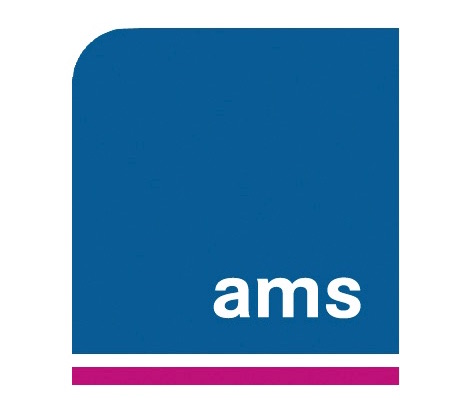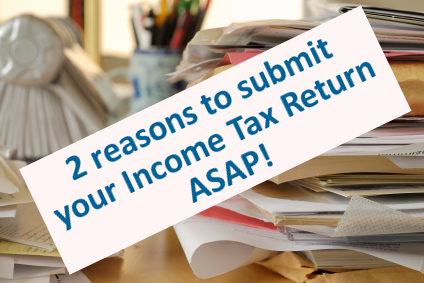How to delay being VAT registered #AskAMS
One of the big problems facing small businesses, that make sales to the general public, is how to cope when VAT registration becomes necessary.
This happens to various types of businesses – such as builders; car mechanics; domestic cleaning companies – when their annual turnover exceeds £85,000 and, suddenly, they have to pay 1/6th of their gross sales to HMRC (although they can claim back Input VAT on some of their costs).
Some businesses just accept the impact of being VAT registered as a barrier they have to overcome in order to grow. But, there are possible ways of avoiding or delaying VAT registration:
- Deliberately restrict annual turnover to be less than £85,000
Some small businesses just restrict their annual turnover to below £85,000, in a rolling 12 month period, by refusing to accept new customers; or by taking longer holidays when they don’t trade. This type of deliberate action to restrict growth is one of the reasons why there was talk before the November 2017 Budget to drop the VAT registration threshold from £85,000 to about £25,000. The theory was that the VAT threshold limit of £85,000 was discouraging many small businesses from becoming bigger businesses – when they could have made extra profits, paid extra taxes and taken on extra employees etc. And it was thought that business owners would be happy to burst through a lower VAT registration threshold, because it would not be possible to make a living if one tried to keep annual sales below £25,000. As it happened, there was no change in the VAT registration threshold in the November 2017 Budget – but this may be revisited in future Budgets.
- Reset the turnover for VAT registration purposes to zero by incorporating the business into a Limited Company
If a sole trader (or Partnership) – which sells goods or services mainly to consumers – is getting close to the VAT registration threshold of £85,000, it can incorporate by transferring the business to a Limited Company. This then resets the VAT turnover to zero – and can buy a lot more time for the business before having to compulsorily VAT register, and perhaps save up to £14,000 in VAT. However, if incorporation happens after the VAT registration threshold is reached, the sole trader (or Partnership) would be forced to register for VAT – and this VAT registration is automatically transferred to the Limited Company when it takes over the business. So it is important to know what one’s rolling 12 month turnover is, and to be ready to incorporate the business very quickly. (The same effect applies if a business is disincorporated from a Limited Company to a sole trader/Partnership).
- Split the business into two or more autonomous businesses
If a business has annual turnover that exceeds the VAT registration threshold, and there is a genuine way to split the business into two or more separate businesses that are separate legal entities (generally new Limited Companies) which could individually have turnover of less than the VAT registration threshold, then it is possible to wholly or partially avoid VAT registration and save a lot of VAT.
However, if there is an artificial separation of the business, then HMRC can, and will, treat all the sales as being for one business for VAT registration threshold purposes. So it is important that any such separate businesses are genuine, stand-alone businesses ideally with separate staff, premises, websites etc. For example, one cannot simply break a business down into two businesses - where one sells to business customers (and registers for VAT) and one sells to consumers (and doesn’t register for VAT) – if the two businesses use the same staff, premises, marketing literature/website etc. Nor can one argue that (say) a pub/restaurant is really two businesses – a pub and a separate restaurant - when the customers are in the same premises and ordering their drinks and food together.
Consequently, it is important to be able to justify why a business is broken down into two or more businesses – perhaps it could be for geographical reasons, or because a new product or service is developed that has a different customer market – and the businesses must be run as individual businesses with separately identifiable costs and with their own particular customers, and there should be a genuine business reason for the business to split up.
Many new businesses overlook the impact of VAT registration on their business, but some advanced planning can have big benefits – especially in the early stages of a business when cash flow is tight.






















